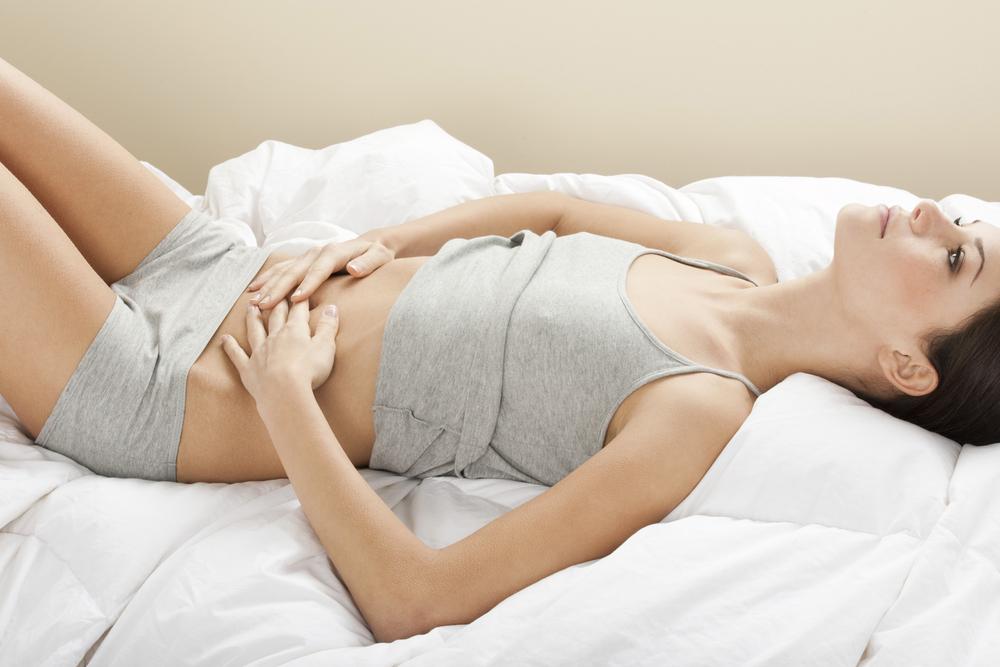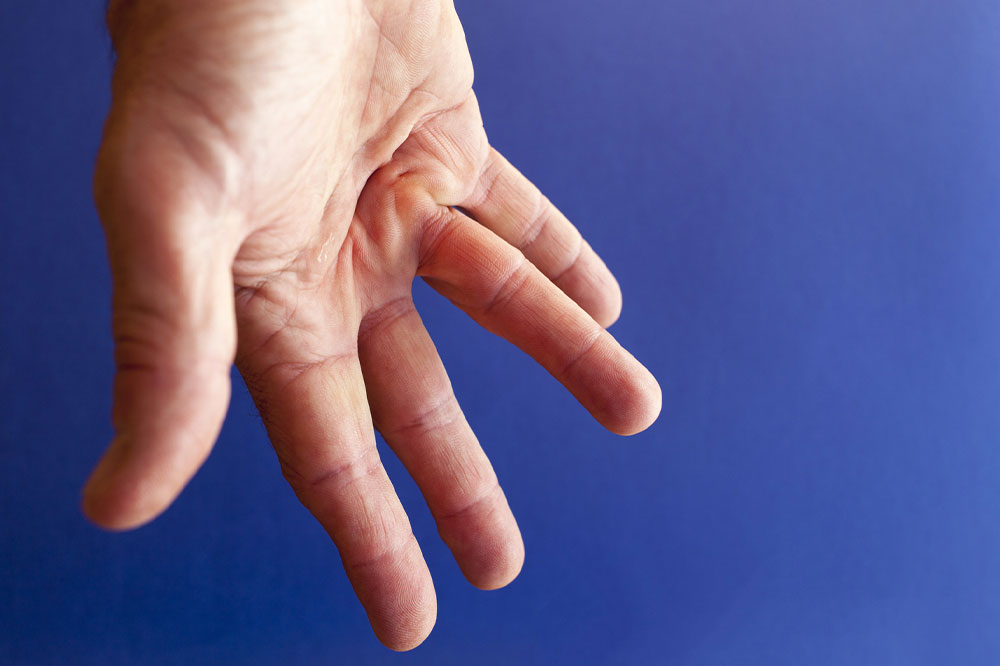Understanding Adult Urinary Incontinence: Causes and Signs
Adult urinary incontinence involves involuntary urine leakage caused by muscle weakness, nerve damage, or infections. Symptoms include sudden leakage, stress or urge incontinence, and dribbling. Conditions like pregnancy, neurological diseases, and aging can increase risk. Understanding causes and symptoms is essential for seeking appropriate treatment. This article explores common causes, signs, and types of adult incontinence, emphasizing the importance of consulting healthcare professionals for proper management.

Understanding Adult Urinary Incontinence: Causes and Signs
Every organ has specific duties essential for maintaining overall health. When one part malfunctions or overreacts, it can lead to health issues. For example, everyone experiences the need to urinate at times, which is normal. But if frequent urges or leaks occur without excessive drinking, it might signal a deeper problem.
Urinary incontinence, characterized by involuntary urine leakage or sudden urgency, is common among children but can have serious implications in adults.
What causes adult urinary incontinence?
Approximately one-third of Americans experience at least one episode of adult incontinence during their lifetime, with prevalence increasing with age.
Normally, bladder muscles relax during filling, and signals to the brain indicate when to urinate.
Muscles surrounding the bladder are vital for holding urine. When these muscles weaken or malfunction, leaking occurs. Nerve damage, urinary tract infections, pregnancy, childbirth, and neurological conditions like Parkinson's or Multiple Sclerosis are common causes of adult incontinence.
Key symptoms of adult urinary incontinence include:
Body signals often reveal underlying issues. The primary sign is sudden urine leakage. Different types exhibit distinct symptoms:
Stress Incontinence: Leakage occurs during activities that put pressure on the bladder, such as coughing, sneezing, or laughing.
Urge Incontinence: Characterized by a sudden, strong urge to urinate, often leading to involuntary leakage.
Mixed Incontinence: Combines signs of stress and urge incontinence.
Overflow Incontinence: Frequent dribbling of urine when the bladder cannot fully empty.
Functional Incontinence: Results from physical or cognitive impairments, such as arthritis or Alzheimer’s disease, preventing timely bathroom access.
Important Notice: This article is provided for informational purposes only. It should not replace professional medical advice. Always consult qualified healthcare providers for diagnosis and treatment of incontinence or related health concerns.










